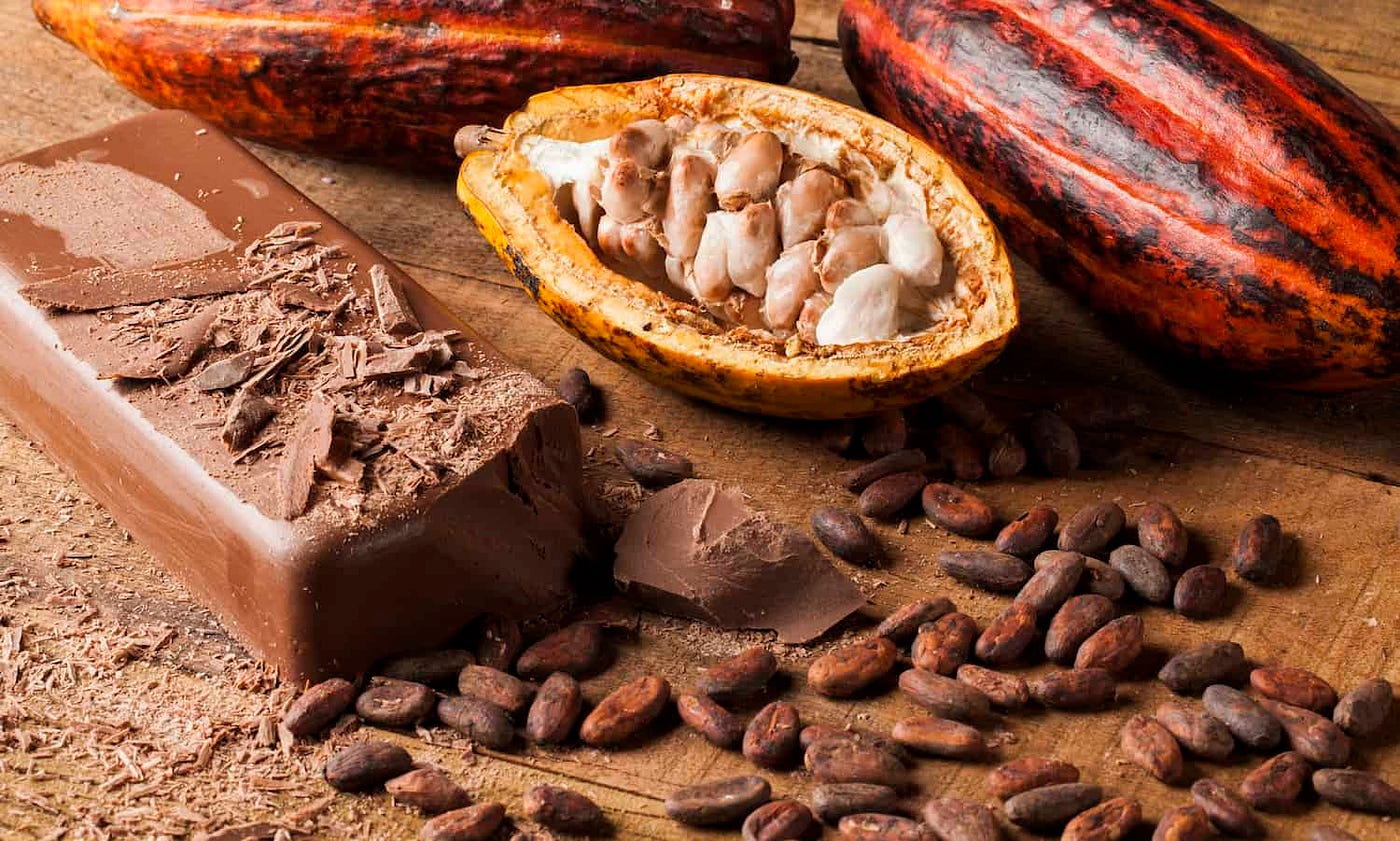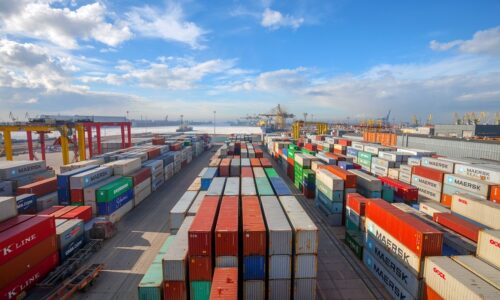Cocoa Crisis in West Africa Threatens Chocolate Prices Worldwide

March 13 2024 – Major cocoa processing plants in Ivory Coast and Ghana, key producers accounting for nearly 60% of the world’s cocoa, have either halted operations or reduced processing due to financial constraints in purchasing cocoa beans. This development is expected to drive up global chocolate prices.
After three consecutive years of poor cocoa harvests in these two countries, chocolate manufacturers have already increased consumer prices. Cocoa prices have more than doubled over the past year, reaching record highs multiple times.
Steve Wateridge from Tropical Research Services, a renowned cocoa expert, commented, “We need substantial demand reduction to align with the supply shortage.”
Chocolate production relies on processors to convert raw cocoa beans into butter and liquor, essential for making chocolate. However, many processors are unable to afford purchasing beans at current prices.
Transcao, a state-controlled Ivorian bean processor, disclosed that it has ceased bean purchases due to price concerns, although it continues processing from existing stocks. Industry insiders revealed that the plant is operating at minimal capacity, hinting at potential closures among other major state-run plants in Ivory Coast, the largest cocoa producer globally.
Similar challenges are evident in Ghana, the world’s second-largest cocoa producer, where most processing plants, including the state-owned Cocoa Processing Company (CPC), have intermittently suspended operations since the season began in October. CPC cited operating at only 20% capacity due to bean shortages.
Disruption in Cocoa Trade
The price surge has disrupted the established cocoa trading mechanism, where farmers typically sell beans to local dealers, who then supply processors or global traders. During shortages, local dealers pay farmers premiums above regulated prices to secure beans, subsequently selling them at inflated rates on the spot market.
Global traders like Nestle, Hershey, and Mondelez scramble to procure beans at any cost to fulfill obligations, leaving local processors struggling to secure adequate supplies.
Ivorian and Ghanaian authorities traditionally intervene by providing subsidized loans or imposing limits on bean exports to protect local processors. However, this year, processors face challenges in obtaining pre-ordered cocoa due to financial constraints at higher spot prices.
Market Outlook
The International Cocoa Organisation (ICCO) forecasts a 10.9% decline in global cocoa production to 4.45 million metric tons this season, with grindings, a demand indicator, falling by 4.8% to 4.78 million tons. This supply-demand gap is expected to result in a deficit of 374,000 tons this season, compared to 74,000 tons last season, necessitating processors and chocolate firms to deplete cocoa stocks, projected to reach a 45-year low by season’s end.
Looking ahead, Wateridge warns of potential deficits continuing into the next season due to prevalent bean diseases in West Africa, a scenario not seen since the late 1960s.
The cocoa market’s unprecedented challenges underscore its vulnerability and the critical need for sustainable solutions to stabilize supply chains and ensure future cocoa production.
Related Posts

Growth and Trends in the Plant-Based Protein Market
- kenneth
- June 5, 2024
The global plant-based protein market is poised for substantial growth, projected to increase f ..

Global Port Congestion Hits Highest Levels Since Pandemic
- kenneth
- July 10, 2024
Singapore’s container port is facing unprecedented congestion, reminiscent of the peak pandem ..
